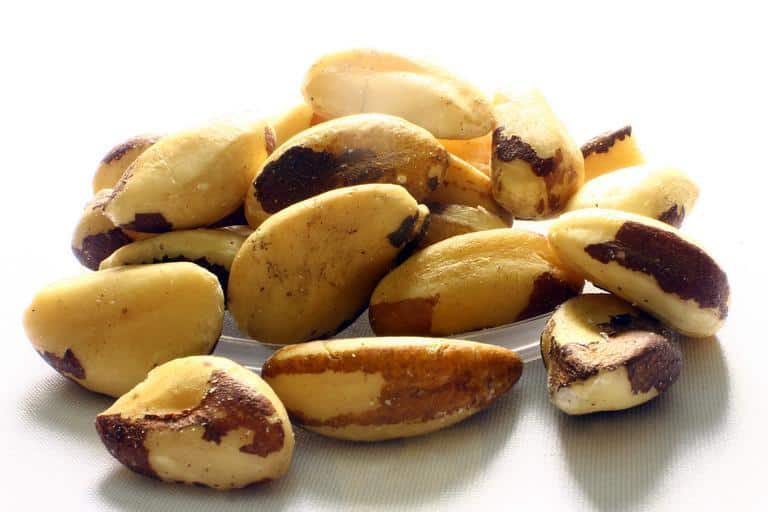
Magnesium is an essential mineral for the human body and is necessary for the brain and body to maintain good health. However, it is reported that up to 80% of Americans are deficient in this miracle mineral. The fourth most abundant mineral in the body is responsible for up to 600 processes. As a result, magnesium may be the missing link you need for good health and for diabetics to manage their diabetes.
Magnesium plays a crucial role in blood sugar regulation through glucose and carbohydrate metabolism, and it is essential for diabetics. Difficulty sleeping and relief from constipation are two other notable reasons to supplement with magnesium.
Magnesium increases water in the intestines and helps to improve bowel movements.
Up to 50% of adults have trouble sleeping, including difficulty falling asleep and staying asleep while achieving sound sleep and straight insomnia. The inability to sleep affects many aspects of the body’s health. For more on the importance of sleep to good health, click here. Magnesium helps to regulate melatonin (the sleep hormone) and activates the parasympathetic nervous system, which is responsible for relaxation.
Some reasons may be the depletion of soil by over-farming, which makes our foods less magnesium-rich, increased stress levels, medication, and poor diet.
Signs of a magnesium deficiency are muscle spasms, eye twitching, headaches, constipation, restless leg syndrome, low energy, sleeplessness, irritability, and anxiety.
So basically, if you haven’t pooped in 3 days and are cranky and have a headache, you might need magnesium. The best way to test magnesium levels is to ask your doctor about a magnesium RBC test. This test measures the amount of magnesium in your red blood cells and best indicates your levels.
Food sources of magnesium include dark chocolate, leafy greens, avocado, nuts (brazil nuts are very high), seeds, legumes, and bananas. These healthy foods will benefit diabetics by maintaining magnesium levels and stabilizing blood sugar.
There are many different ways to supplement magnesium. Companies make magnesium supplements that include up to 4-5 different types of magnesium and offer more targeted types.
Transdermal (absorbed through the skin): Epsom salt baths, magnesium-rich lotion, and liquid magnesium applied to the skin or put into smoothies. Capsules and powder are also available. Whichever you choose, do it with your doctor and enjoy the fantastic benefits of Miracle Magnesium.
Certified professional fitness trainer with knowledge in specific exercise programs, diet and nutrition.
This website uses cookies.